Here it is 10 countries that many of the rules that make the blogger fury and hate, because many of the bloggers in the country following an arrest for not complying with what the country
1. Burma

Is a country with a strict censorship of print media and television, has now also started to restrict the activities of blogs and the internet. Pressure for private Internet users is very small-only about one percent, according to OpenNet Intiative-so many people accessing the internet through the cafe. However, the government has made strict rules for the cafe with internet access, and even monitor User of e-mail and other communication methods and close access from the site of political opponents. At least two bloggers who went to prison, that Maung Thura, popularly known as Zarnagar, because after the launch video about Cyclone Nargis 2008.
2. Iranian
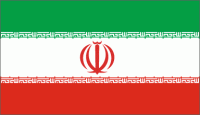

This state authorities did not hesitate to detain bloggers who criticize the religious, political figures, the Islamic revolution and various symbols. The government asked all bloggers to register their site to the Ministry of Arts and Culture. The government claims to have shut down millions of websites. Recently, a special prosecutor's office to handle the case of the Internet, and served in the intelligence set up. Blogger Omidreza Mirsayafi thrown in jail for insulting the country's spiritual leader, who died in Evin Prison in March.
3. Syria


The government uses filters to cover politically sensitive sites. The blogger can be arrested if found to fill the site that makes allergy government. In 2008, the Ministry of Communications ordered Internet cafe owners to record every customer and how many times to use it and periodically sends this documentation. Whaed al-Mhana, attorney for the archaeological sites that are considered dangerous, was examined in court for his criticism of the blasting markets in the old city of Damascus.
4. Cuba
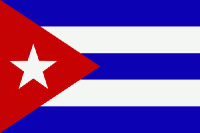

Only government officials and people who have ties with the Communist Party that can access the internet. In general, people use the internet from hotel or internet café-controlled government, which means it can ill afford to vouchers. The government had jailed 21 writers in the online websites over the past decade.
5. Saudi Arabia


Approximately 400 thousand sites in the cap in the kingdom, including those relating to political, social or religious issues. The government will quickly cover any cons with the state or the system. Blogger Ahmed al-Farhan was jailed without trial for several months in 2007 and 2008 due to voice changes and the release of political detainees.
6. Vietnam
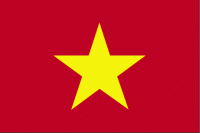

The blogger desperately trying to fill the independent news that had been abandoned by the government-controlled traditional media. The Government responded by making the rules.Late last September, the famous blogger Nguyen Van Hai, known as Dieu Cay, was sentenced to 30 months in prison on charges of tax evasion. In a CPJ investigation shows that penalty in reply Nguyen blog. In October 2008, the minister of information and communication create a new agency to monitor internet.
7. Tunisia


The entire Internet traffic must pass through a central network, which the government is able to filter and monitor e-mail. Online writer Slim Boukhdhir and Mohammed Abbou have languished in prison for his writings.
8. China
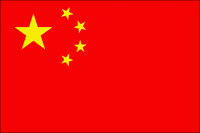

Nearly 300 million people use the Internet-more than any other country in the world. But the government still managed to do a program for users of online censorship. The controls are tight and do not expect any e-mail that is free from government monitoring. There are at least 24 authors in the virtual world have to go to jail. In 2008, Office Cleaning Agency Porn and Fighting Illegal Publications announced it had removed more than two million illegal sites Bamboo Curtain country.
9. Turkmenistan


President Gurbanguly Berdymukhammedov opened isolated country of the world with internet access. However, the first time there is an internet café in 2007, desperately keeping troops. Although Russia's MTS telecommunications networks, market entry Turkmenistan and began offering Internet access through mobile phones in June 2008, still tight government control in an attempt to avoid any sites that criticize the government.
10. Egypt
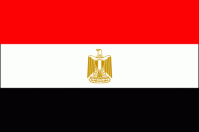
Almost all communication traffic over the Internet must pass through the state-owned Telecom Egypt. Recorded at least 100 bloggers were arrested in 2008. Blogger Abdel Karim Suleiman, known by Karim Amer, had languished four years in prison for insulting Islam and Egyptian President Hosni Mubarak.



